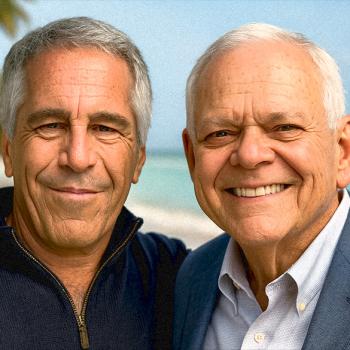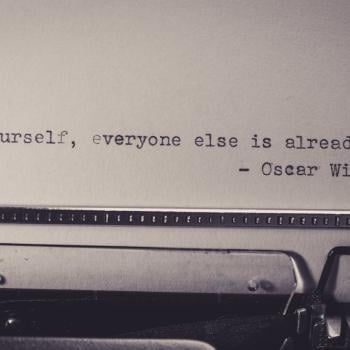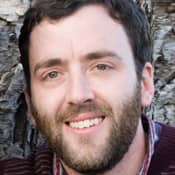Self-knowledge seems to be a major aspect of your reading philosophy. What role does self-knowledge play in our reading life?
This is actually related to the previous question. The role is a circular one: the more attentively we read, the more reading can illuminate us, can provide self-understanding (along with understanding of the world); but the more self-knowledge we have, the better we can choose the kind of reading that will attract and repay attentiveness. Chickens and eggs.
I will say this, though: it would be a mistake to think that reading can all by itself make a healthy and whole person. As a Christian, I think that I ought to be more formed by my commitments to and experiences in communities of the faithful than by my reading—in a sense, I believe that the more faithful I am as a Christian the better reader I will be. (And the less faithful I am . . . as G. C. Lichtenberg said, "A book is like a mirror: if an ass looks in, you can't expect an apostle to look out.") But that might be a topic for another book.
Every now and then, theological considerations surface in Pleasures. For instance, Thomas Aquinas' theology of hope gets mapped onto your reading advice, where hope is something that lies between despair (that you can never read all you need to read) and presumption (that you know everything you need to know). In what other ways has your Christian theology informed your reading practices?
My answer to the previous question gives a hint. I'll just add to that by saying that the relatively casual tone I take towards reading—my lack of passionate urgency about the whole thing, my belief that you don't have to be reading masterpieces all the time—stems in large part from my knowledge (a knowledge that every Christian should have) that plenty of illiterate people have lived massively fulfilled, rich, and generous lives. I love reading, I celebrate it, I want other people to love it—but I don't think it's the "one thing needful." I'm not looking to reading to save my soul.
Someone once asked me, "But don't you have a sacramental view of literature?" I answered, "Of course not. I have a sacramental view of the sacraments." As Auden wrote, in an intentionally provocative statement that nevertheless offers profound truth, "Culture is one of Caesar's things."
Lastly, a question about how reading technologies are changing the way we read: What do you make of the role of chapters in e-books? I've noted that, when I'm using an e-reader, chapters feel less like stopping points, perhaps because I "turn" pages (i.e., swipe) so often that the act means less than it does when I turns a paper page. Your new book seems to mimic this effect somewhat, because what could have been chapters are separated here as subject headings, encouraging the reader to plow ahead.
I hadn't thought about chapter divisions in e-books that way, but now that you say it, I think you're right. Interesting. My decisions about the structure of my book were prompted by other considerations. I very much wanted this little book to be an essay, not a treatise, and integral to that (in my mind anyway) was creating the effect of seamlessness—not discrete chapters, but sections that flow easily one to another. It may be that this makes my book well-suited for electronic reading, but that's just an unplanned bonus.





